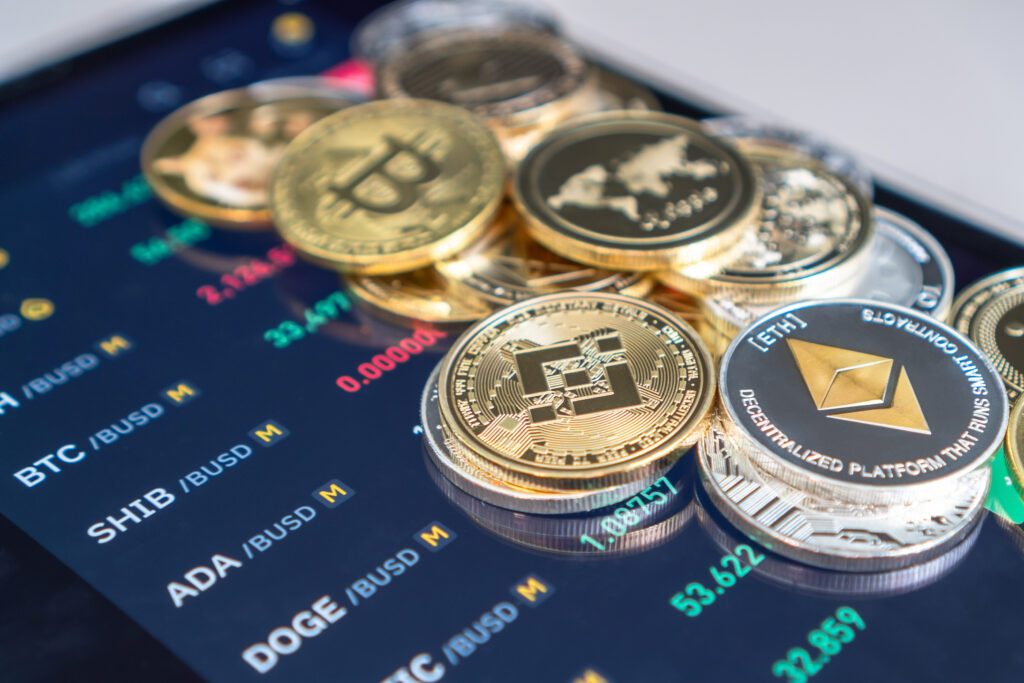Dubai’s Cashless Strategy aims to achieve 90% digital transactions by 2026, transforming the city into a global leader in financial innovation, fintech integration, and inclusive digital infrastructure.
Dubai is fast-tracking its transformation into a cashless economy, with a bold target of achieving 90% digital transactions across government and private sectors by 2026. Spearheaded by the Dubai Finance Department and launched in October 2024 by His Highness Sheikh Hamdan bin Mohammed bin Rashid Al Maktoum, the Dubai Cashless Strategy is a cornerstone of the emirate’s broader digital vision.
The initiative is more than a financial reform – it’s a social and technological leap designed to enhance transparency, reduce cash-handling risks, and drive economic growth. Officials estimate the shift could generate over AED 8 billion (£1.8 billion) annually in efficiency gains, cost savings, and fintech investment.
Dubai’s digital readiness is already well established. By 2024, 97% of government services had gone digital, laying the groundwork for expansion into retail, mobility, utilities, and even traditional markets. QR code payments are now accepted by taxis and street vendors, while digital Nol cards have streamlined public transport, cutting transaction times by up to 40%.
The strategy is guided by three pillars: Digital Governance, Digital Innovation, and Digital Society. It aligns with the Dubai Economic Agenda (D33), which positions the city as a global capital of the digital economy. Crucially, the plan also prioritises financial inclusion, ensuring that all residents from tech-savvy professionals to small business owners can participate in the cashless ecosystem.
A distinctive feature of Dubai’s approach is its openness to digital assets. Under a recent agreement, residents can use Crypto.com’s wallet to pay government fees in stablecoins, which are automatically converted to AED. This signals a forward-thinking stance on crypto integration, balanced by a clear regulatory framework.
Fintech innovation is central to the strategy. Dubai is actively fostering public-private partnerships, upgrading cybersecurity infrastructure, and expanding AI-driven payment systems. The city’s rapid adoption curve places it ahead of global trends, with 85% of point-of-sale transactions already cashless in 2024 and projections reaching 89% by 2027.
In short, Dubai’s cashless ambition is not just about convenience – it’s about reimagining urban life through digital efficiency, economic resilience, and inclusive innovation. By 2026, the city aims to be a model for how financial ecosystems can evolve in tandem with smart governance and global connectivity.


